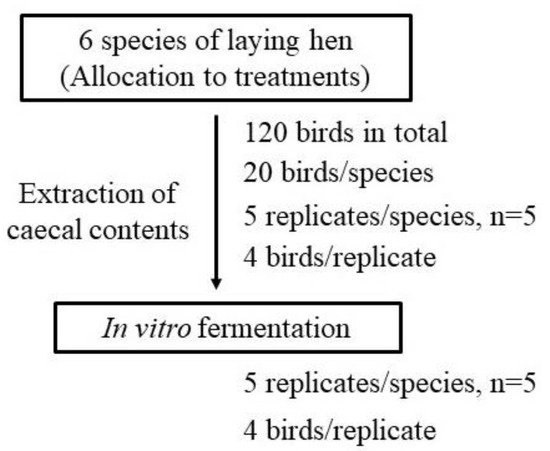
Increasing rapidly worldwide, with >170 million individualsĬurrently affected ( 1, 2) and 439 million adults (7.7% of all adults) The prevalence of type 2 diabetes mellitus (DM) is ALPK1 may thus be a susceptibility gene for type 2 DM. Similar analysis among individuals not taking antidiabetic medication revealed that rs2074379 and rs2074388 were associated with the fasting plasma glucose level (P=0.0073 and 0.0042, respectively) and blood hemoglobin A1c content (P=0.0142 and 0.0126, respectively), whereas rs2116519 was associated with blood hemoglobin A1c content only (P=0.0470). Longitudinal analysis with a generalized linear mixed‑effect model and with adjustment for age, gender and BMI among all the individuals revealed that rs2116519, rs2074379 and rs2074388 were significantly associated with fasting plasma glucose level (P=0.0352, 0.0017 and 0.0010, respectively) and to blood glycosylated hemoglobin (hemoglobin A1c) content (P=0.0065, 0.0090 and 0.0079, respectively). Longitudinal analysis with a generalized estimating equation and with adjustment for age, gender and body mass index (BMI) revealed that rs2116519 (C→T) of FAM78B (P=0.0188), as well as rs2074379 (G→A, P=0.0121) and rs2074388 (A→G, P=0.0053) of ALPK1 were significantly (P<0.05) associated with the prevalence of type 2 DM.

The subjects were recruited from individuals who visited for an annual health checkup and they were followed up each year (mean follow‑up, 5 years). Study subjects comprised 6,027 individuals (797 subjects with type 2 DM and 5,230 controls) who were recruited to the Inabe Health and Longevity Study, a longitudinal genetic epidemiological study of atherosclerotic, cardiovascular and metabolic diseases. The present study examined the possible association of 13 polymorphisms at these 10 loci with the prevalence of type 2 diabetes mellitus (DM) in community‑dwelling individuals. Previously, our studies identified nine genes and the chromosomal region 3q28 as susceptibility loci for myocardial infarction, ischemic stroke or chronic kidney disease in individuals by genome‑wide or candidate gene association studies.


 0 kommentar(er)
0 kommentar(er)
